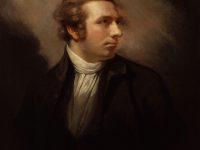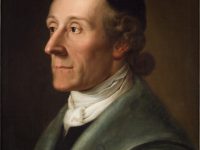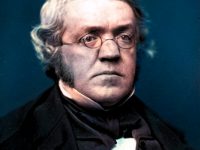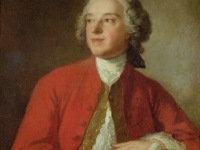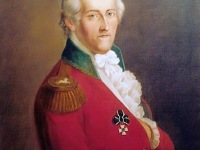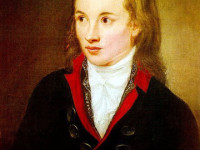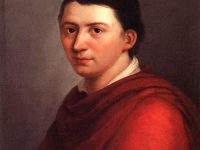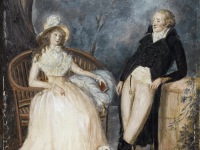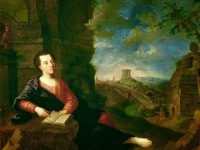Johann Heinrich Füssli and the Rise of Romanticism
On February 7, 1741, Swiss-English painter and publicist Johann Heinrich Füssli – in the UK better known as Henry Fuseli – was born. Many of his works, such as The Nightmare, deal with supernatural subject-matter. He painted works for John Boydell‘s Shakespeare Gallery, and created his own “Milton Gallery”. His style had a considerable influence on many younger British artists, including William Blake. “Life is rapid, art is slow, occasion coy, practice…
Read more

